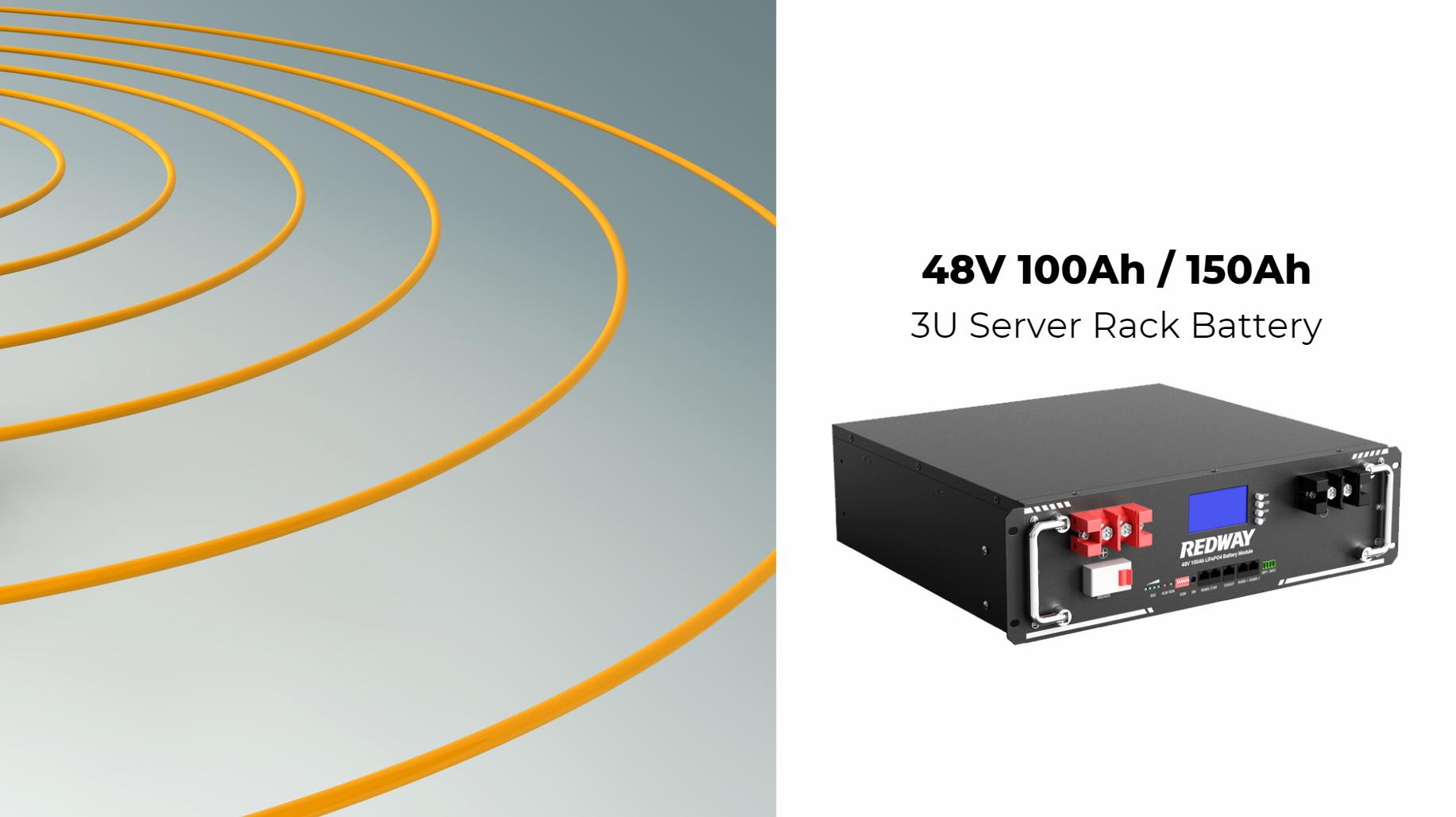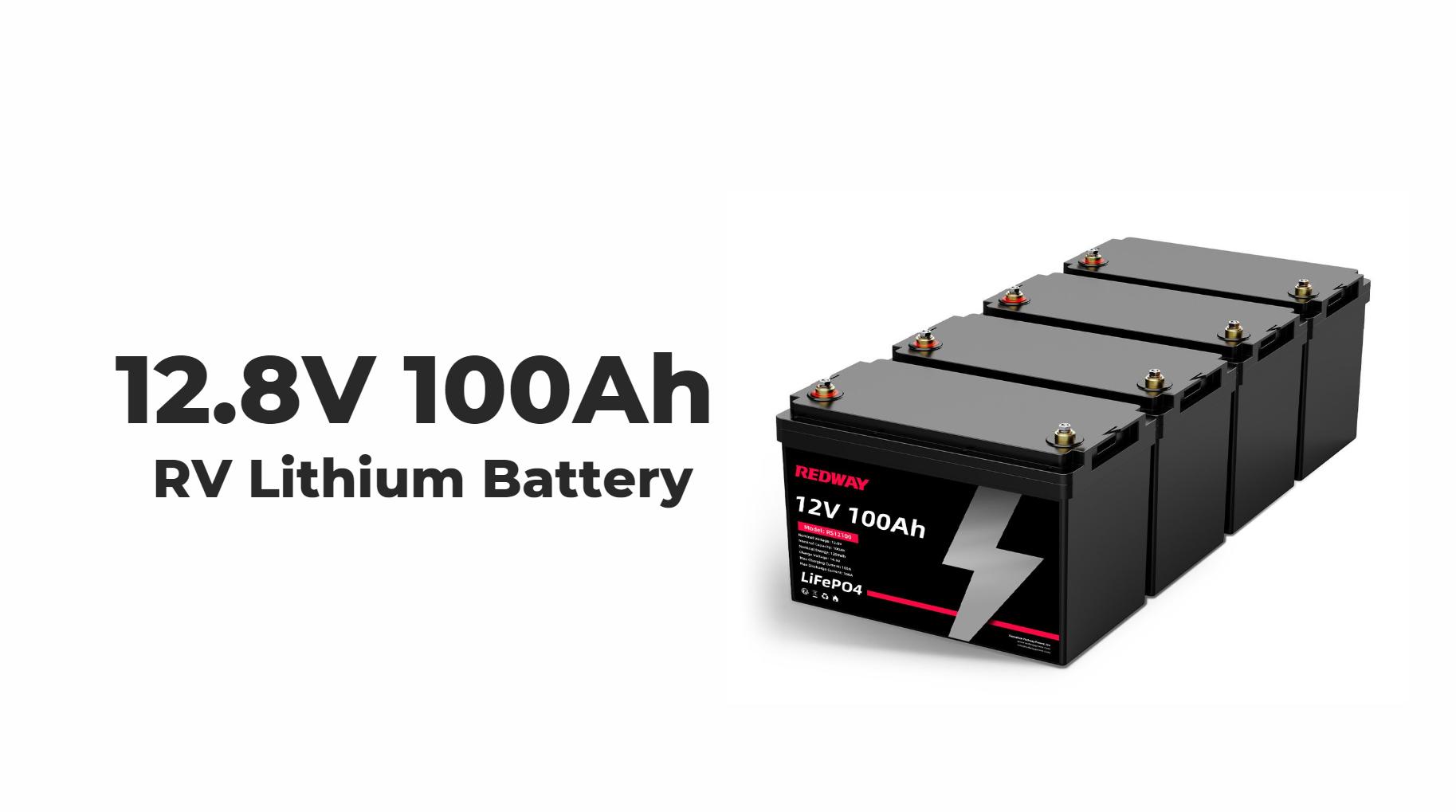Are Wireless Chargers Bad for Battery Life?
Wireless chargers are generally safe for battery health if used properly, but frequent fast charging and overheating risks can contribute to faster battery degradation. Properly designed wireless charging with temperature controls and quality components minimizes negative effects on lithium batteries.
How Does Wireless Charging Work and Affect Batteries?
Wireless charging uses electromagnetic induction to transfer energy without cables. This process can generate extra heat, which may accelerate battery wear if not well-managed.
Detailed Explanation: Wireless chargers create an electromagnetic field via a coil in the charging pad that induces a current in the phone’s receiver coil, charging the battery. Unlike wired charging, the energy transfer is slightly less efficient, producing additional heat. Elevated temperatures during charging are a key factor in lithium-ion battery degradation, potentially reducing overall lifespan if heat is excessive or sustained. Advances in wireless charging technology include temperature sensors, adaptive power management, and charging speed regulation to limit heat buildup, preserving battery health. Redway Battery’s LiFePO4 chemistry is notably more heat-resistant and stable, making it especially suitable for wireless charging applications.
What Factors Influence Battery Degradation During Wireless Charging?
Battery degradation is influenced by heat generation, charging speed, charging frequency, and the battery chemistry used in the device.
Detailed Explanation: Excessive heat produced during wireless charging elevates chemical reactions inside lithium-ion batteries, accelerating capacity loss. Rapid or “fast charging” modes increase charge currents and heat output, compounding stress. Frequent topping-off, common with wireless pads, can cause more charge cycles, further reducing battery lifespan. Battery chemistry plays a crucial role; lithium iron phosphate batteries, like those Redway Battery manufactures, exhibit better thermal stability and cycle life compared to traditional lithium cobalt oxide chemistries, mitigating degradation. Proper wireless charger design balances power delivery with thermal management, and users should avoid overnight or constant wireless charging to reduce unnecessary battery strain.
Are There Specific Risks Unique to Wireless Charging?
Wireless charging can cause overheating, reduce charging efficiency, and increase electromagnetic exposure compared to cable charging, but risks are minimized with proper design and usage.
Detailed Explanation: Because wireless charging pads transfer energy through an air gap, they experience energy loss and generate heat, particularly if the device is misaligned or a case interferes. This can shorten battery longevity if temperature limits are exceeded. Additionally, wireless chargers produce low-level electromagnetic fields, though these are generally considered safe based on current evidence. Some lower-quality chargers may lack thermal protection or overload safeguards, increasing risk. Using certified wireless chargers with built-in safety features prevents common hazards. Redway Battery emphasizes compatibility and robust safety standards in its lithium battery packs, helping device makers integrate wireless charging safely and efficiently.
How Does Wireless Charging Compare to Wired Charging for Battery Longevity?
Wired charging is slightly more efficient and cooler, posing less thermal stress, but modern wireless chargers with adaptive power management narrow this gap.
Detailed Explanation: Wired chargers deliver direct electrical current with minimal energy loss, generating less heat. This efficiency helps maintain lower battery temperatures and slightly prolong cycle life. Wireless chargers historically caused higher temperatures, but current technology integrates smart charging protocols that adjust power based on battery temperature and charge level, reducing the disadvantage. The difference in long-term battery degradation between the two methods is minimal if devices and chargers are high quality. Redway Battery’s advanced battery designs ensure compatibility with both charging types, focusing on reliable performance and extended lifespan.
Can Using Wireless Chargers Impact the Safety of Lithium Batteries?
When used properly, wireless chargers pose no heightened safety risk; however, poor-quality chargers or improper use can cause battery overheating or damage.
Detailed Explanation: Safety concerns primarily stem from overheating, which can lead to battery swelling or, in extreme cases, thermal runaway. Certified wireless chargers include temperature sensors, power cutoffs, and foreign object detection to prevent such risks. Users should avoid charging on flammable surfaces and remove cases that block heat dissipation. Redway Battery incorporates advanced cell chemistry and battery management systems that help prevent thermal failure, even under wireless charging scenarios, enhancing overall safety. Quality control and user awareness are crucial for safe wireless charging practices.
When Should Users Avoid Wireless Charging to Protect Battery Health?
Users should avoid wireless charging during high battery temperatures, prolonged “always-on” charging, and overnight charging to minimize heat exposure and battery wear.
Detailed Explanation: Charging generates heat regardless of method, but wireless charging can be less efficient with heat concentrated near battery cells. Using wireless chargers in hot environments or prolonged continuous charging increases thermal stress. Overnight wireless charging may keep the battery near full charge for extended periods, encouraging capacity fragmentation and cycle wear. Best practices include removing the device from the charger once fully charged, charging in a cool environment, and using wireless charging intermittently rather than exclusively. Redway Battery recommends these practices alongside choosing batteries with superior thermal resilience to maximize battery health.
Which Devices Are Most Compatible with Wireless Charging?
Most modern smartphones and accessories support Qi wireless charging, but device design, battery type, and thermal controls affect compatibility and charging efficiency.
Detailed Explanation: Wireless charging generally requires Qi-certified hardware to ensure safety and efficiency. Devices with lithium iron phosphate batteries can better manage heat generated during wireless charging cycles. Some devices incorporate dynamic thermal throttling or smart battery management to optimize charging speed without compromising lifespan. Accessories like cases may reduce wireless power transfer efficiency, increasing heat generation. Redway Battery’s lithium packs are engineered for flexible integration into devices requiring reliable wireless charging compatibility, providing stable voltage and thermal management support.
How Can Battery Manufacturers Like Redway Battery Optimize Batteries for Wireless Charging?
Battery manufacturers optimize cell chemistry, integrate advanced battery management systems, and stress-test thermal tolerance to ensure performance under wireless charging conditions.
Detailed Explanation: Redway Battery focuses on high-quality LiFePO4 cells with robust thermal stability and long cycle life ideal for wireless charging demands. Their battery management systems (BMS) monitor temperature, voltage, and current to prevent damage from heat or overcharging. Custom OEM/ODM solutions allow product developers to tailor batteries for specific wireless charging profiles and device power envelopes, ensuring safe, efficient, and durable battery performance. These innovations reduce the impact of wireless charging’s intrinsic inefficiencies, supporting continued device advancement and consumer confidence.
Does Wireless Charging Affect the Capacity or Cycle Life of Lithium-Ion Batteries?
Wireless charging can slightly reduce battery capacity and cycle life over time due to increased heat but usually not significantly when chargers and devices are properly designed.
Detailed Explanation: Heat is the primary factor causing capacity fade and reduced cycle count in lithium-ion batteries. Since wireless charging produces moderately more heat than wired charging, it can marginally shorten battery lifespan. However, modern batteries, especially those made by companies like Redway Battery, utilize materials and engineering enhancements that mitigate heat damage and stabilize electrode materials, resulting in satisfactory longevity. Proper charging habits and using certified wireless chargers further minimize impact. Therefore, while wireless charging may introduce additional wear, the difference is often negligible for the average user.
Redway Expert Views
“Wireless charging is transforming how consumers interact with mobile devices, offering unmatched convenience but also unique challenges for battery longevity. At Redway Battery, we engineer lithium iron phosphate battery packs with superior thermal resilience, ensuring devices endure the subtle heat stresses wireless charging introduces. Our commitment to safety and durability means users can embrace wireless technology without sacrificing battery life or reliability.” — Redway Battery Technical Director
Conclusion
Wireless chargers are not inherently bad for battery life, but heat generated during charging can accelerate lithium battery degradation if not properly managed. Advances in wireless charging technology and superior battery chemistries—such as those developed by Redway Battery—help minimize potential damage. Using certified chargers, avoiding prolonged charging, and maintaining good device thermal conditions safeguard battery health, allowing users to enjoy wireless convenience with minimal compromise on longevity.
FAQs
Q1: Does wireless charging cause my battery to wear out faster?
Wireless charging can cause slightly more battery wear due to heat, but the effect is minimal with quality chargers and proper use.
Q2: Is it safe to use any wireless charger with my phone?
Only use certified wireless chargers with built-in safety features to prevent overheating and ensure device compatibility.
Q3: Can lithium iron phosphate batteries handle wireless charging better?
Yes, LiFePO4 batteries from manufacturers like Redway Battery offer enhanced thermal stability, improving safety and lifespan during wireless charging.
Q4: Should I remove my phone case when using wireless charging?
Removing thick or metal cases improves charging efficiency and reduces heat buildup during wireless charging.
Q5: Does wireless charging generate electromagnetic interference?
Wireless chargers emit low-level electromagnetic fields that are generally considered safe and compliant with regulations.


